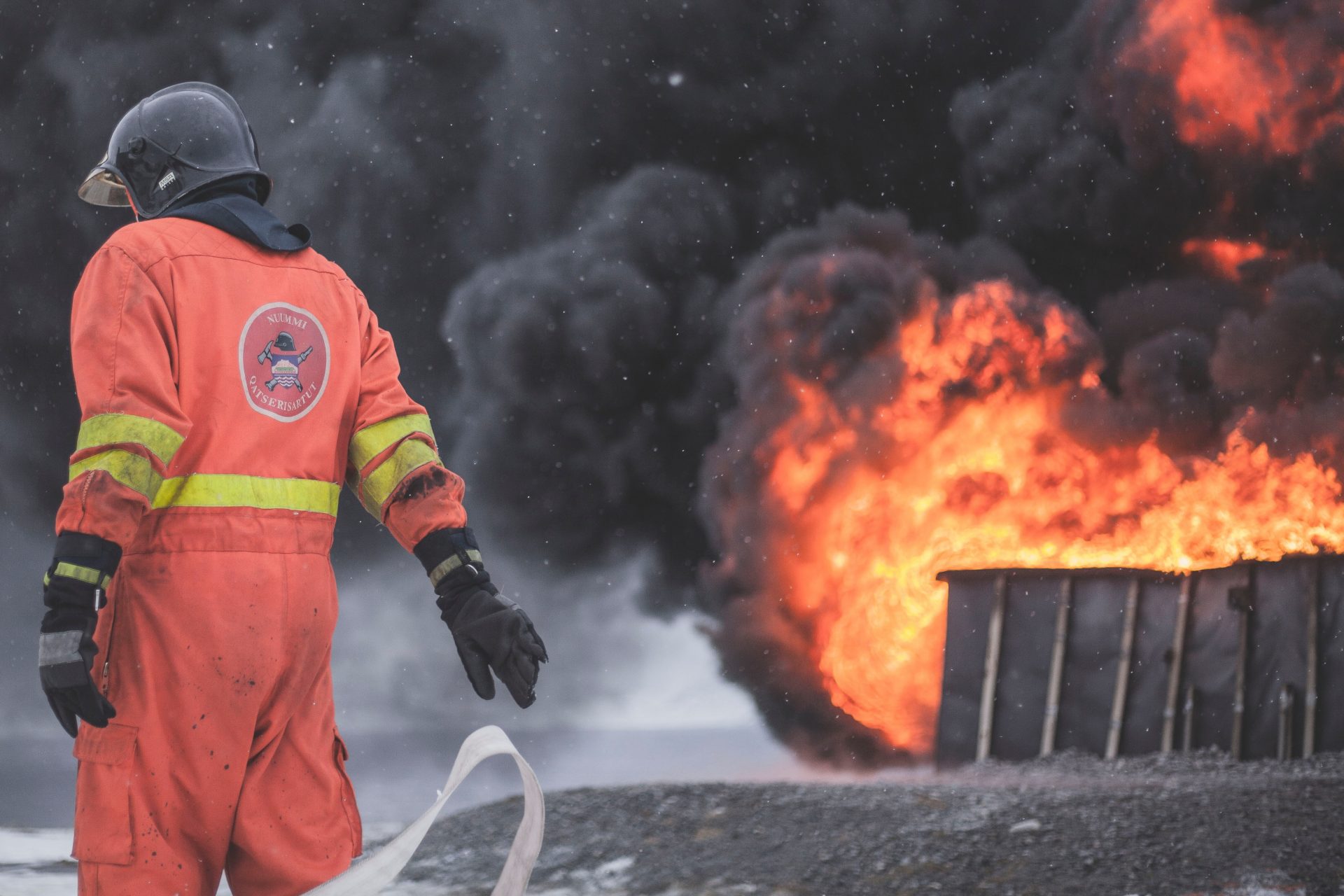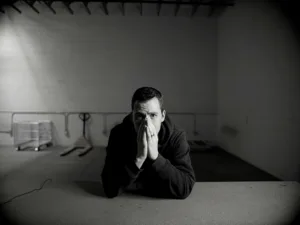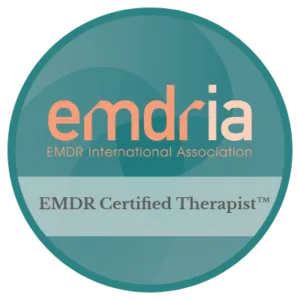Reluctance to Find Treatment and Recovery
First Responder Trauma and Getting Mental Health Treatment
First Responders including police, firefighters, and EMTs deal with incredible situations regarding the physical, mental, emotional, environmental safety, and the well being of others. The often horrific events have to be resolved and cared for on almost a daily basis. To complete this task, an individual working as a first responder must find a way to carry on, and function at work. In many work environments, it is assumed that the qualified first responder has to be able to get through it by working it out, or completely ignoring, for a while, the impact of what happened and “not let it get to you.”
Sooner or later, of course, it helps to talk through the trauma of the situation with co-workers, family, friends, and professional therapists. First responders more often, however, choose not to discuss trauma and men’s issues. According to the CDC 2007 study, Attitudes Toward Mental Illness, less than one quarter of men with mental health symptoms believe people, in general, are not sympathetic to mental health issues. Although more than three quarters of respondents believe that therapy can help, that door is reluctantly opened.
On The Job Stress, EMT Trauma, Can Lead to PTSD
On the job stress for EMT first responders can lead to traumatic feelings that lead to PTSD, Post Traumatic Stress Disorder. Here are some common signs that there are feelings that may soon lead to PTSD.
- Reliving a past event through flashbacks
- Anxiety when confronted with people, places, or things that otherwise bring the memory of the traumatic event
- Depression, loss of motivation, and social isolation
- Feeling detached from society
- Not keeping up with self-care
- Pessimism and hopelessness
- Difficulty finding clarity and memory
- Avoiding the reminders of a traumatic event
- Hypervigilance toward similar types of traumatic events
- Self-destructive behavior such as binge alcohol drinking and substance abuse
These feelings can be triggered into PTSD with certain stimuli. Places like a scene of a horrific car accident where a paramedic witnessed the death of a patient may trigger the disorder. The sound of a gun or car backfiring may trigger a police officer or firefighter into intense memories that lapse into PTSD.
Once these feelings are part of a first responders’ repertoire of feelings, trauma can be triggered into three generally accepted signs and symptoms of PTSD. The National Institute of Mental Health explains that while not every feeling related to a traumatic event leads to PTSD, there is a pattern.
Re-experiencing with Flashbacks
A first responder may re-experience symptoms of trauma in their everyday routine. Thoughts, words, scenes, or objects may serve to remind them of the event and can trigger a recurring flashback, frightening thoughts and lapse into bad dreams.
Avoidance of the Distressing Thought or Behavior
Symptoms of trauma that lead to PTSD include changing a personal routine to avoid a similar distressing event. A police officer who usually drives or rides in a car may avoid driving after a bad accident. The simple thoughts or smells of daily life such as burning coal to barbecue may bring on the memory of an unwanted thought and feeling a firefighter experienced while on duty. It’s natural initially, to avoid it.
Hyper-arousal
Feeling tense and being “on edge” characterize hyper-arousal symptoms that a first responder may experience on duty and off duty. Angry outbursts may come out of nowhere. Additionally, having difficulty sleeping, and being easily startled are symptoms that are part of the unease of PTSD. This may make it hard to complete daily tasks that require concentration or develop into an inability to get some decent sleep and to feeling like eating regular meals.
First Responder EMDR Therapy
EMDR Therapy has proven highly successful in treating first responders with PTSD. The therapy started in the 1980s with work by Francine Shapiro. She developed this therapy with studies and research on more than seventy volunteers. She produced a textbook of EMDR therapy with further research in 1995. This research has laid out the eight phases of EMDR therapy. Since then, EMDR therapy is an evidence-based treatment for PTSD.
In EMDR therapy the therapist sends bilateral visual and auditory stimulation while the patient recalls the distressing memories. The process of visual and auditory tracking help engage the part of the brain associated with REM sleep to desensitize the traumatic memory. Once the reduced sensitivity starts, the therapist helps the patient begin to make a positive association in place of the formerly disturbing memory.
These techniques of EMDR therapy have helped free PTSD suffers from the associated symptoms. The results are significant and stunning. After three ninety-minute sessions, eighty-four percent of single trauma sufferers were free of PTSD symptoms. Multiple trauma sufferers saw that seventy-seven percent of those treated no longer had PTSD symptoms.
What Happens with Firefighter, Police, and EMT Who Have PTSD
Emergency medical responders with symptoms of PTSD report turning to alcohol and drugs according to a University of Arizona Study. Additionally, one in five of first responders suffer PTSD. Two in five use drugs and alcohol. More disturbing was the increasing abuse after years of service. Initially, new candidates reported no misuse of alcohol or drugs. After two years on the firefighter, police and EMT team, those abusing alcohol reported at 27 percent of the team, with an increase to 36 percent after four years.
The years of intense emotional experiences can lead to common emotional symptoms:
- Feeling of being stuck in memories and wanting to avoid certain places, people or things
- Bypasssing coping mechanisms for other abusive behavior such as alcohol
- Numbness toward society
- Unable to handle the world
- Anxious, worrisome, and often angry
Depression, Anxiety and Substance Abuse
These symptoms of emotional neglect from first responders often leads to a downward progression of avoidance and abuse. Emotional strain can lead to depression and anxiety with alcohol and substance abuse. The sufferer will commonly withdraw from family and friends, and seek to opt-out of social events. Drinking heavily begins to take over. Not eating or not eating well add to the feeling of being low. Friends and family may notice the sufferer becoming angry or frustrated for no reason. It becomes increasingly difficult for the support group to reach this person.
With more than eighty-five percent of first responders reporting symptoms related to mental health issues, Samantha Dutton, PhD, MSW, of the University of Phoenix, reports that without help these symptoms usually lead to depression and PTSD.
Reasons Why First Responders Do Not Seek Help
In the stressful line of work, and potentially emotionally draining daily life of first responders, many do not seek mental therapy help for fear of being perceived as weak. Some fear that colleagues and team members may lower their expectations of one if they thought the person is unable to process a traumatic event. There is also the repercussion of the thought of being passed over for a promotion if one is taking mental health therapy. Finally, treatment and resources are simply not available. This places a stigma on seeking those resources, and an additional stigma that it is not normal.
First Responder’s Mental Health
It is clear from numerous studies and research that stress and mental disorders for First Responders are more common than you might think. It is disturbing to note that, first responders report blunting the emotions with alcohol and drugs is alarming and increasing rates. The community of first responders, police, firefighters, and EMT unwittingly support a stigma toward seeking mental health therapy.
Simple discussions and weekly meetings in the work community of first responders help to alleviate some of the stigma associated with seeking therapy. Finding a way to cope with trauma and the symptoms of stress with mental health therapy has been shown to be hugely successful. It is not only possible for anyone to heal from symptoms of PTSD, but highly likely that one will find relief and a fresh approach to health and happiness.














